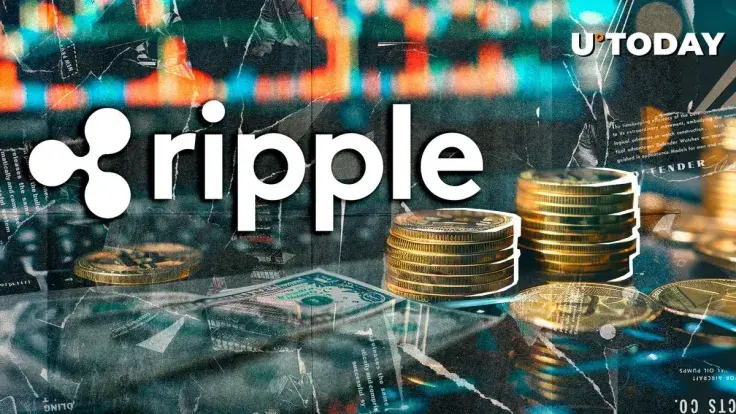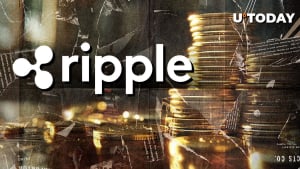
Disclaimer: The opinions expressed by our writers are their own and do not represent the views of U.Today. The financial and market information provided on U.Today is intended for informational purposes only. U.Today is not liable for any financial losses incurred while trading cryptocurrencies. Conduct your own research by contacting financial experts before making any investment decisions. We believe that all content is accurate as of the date of publication, but certain offers mentioned may no longer be available.
In a bold move, Ripple has unveiled a comprehensive guide aimed at navigating the burgeoning $20 trillion custody market. This strategic initiative marks a significant milestone for Ripple as it seeks to expand its influence and capabilities in the rapidly evolving financial landscape.
Ripple's new "Digital Asset Custody: Quick Guide for Banks" provides a blueprint for evaluating and deploying institutional-grade custody infrastructure to foster trust, promote expansion and open up new revenue streams.
Custody is a new but rapidly increasing area within the digital asset market. Custodians play an important role in the cryptocurrency industry, helping clients secure private keys, which are the alphanumeric codes required to unlock access to digital assets and allow transactions.
For Ripple, custody remains one of its fastest-growing areas, with Ripple Custody posting customer growth of more than 250% year-on-year this year and operations in over 20 countries.
Ripple expands for custody services
Ripple expanded its crypto custody business significantly in October, providing new services to assist banks and financial technology firms in storing digital assets on behalf of clients.
Earlier in October, Ripple announced new capabilities to help its banking and fintech clients manage and store digital tokens, as part of a larger push into custody, a new business for Ripple under its Ripple Custody subsidiary, which was established last year.
These features include preconfigured operational and policy settings, XRP Ledger (XRPL) integration, risk monitoring for anti-money laundering compliance and a new user interface that is easier to use and engage with.
Last year, Ripple acquired Metaco, a company that helps other entities store and manage cryptocurrency, to offer its crypto custody services. This year, the company also purchased Standard Custody & Trust Company, another cryptocurrency custody firm.


 Dan Burgin
Dan Burgin Vladislav Sopov
Vladislav Sopov